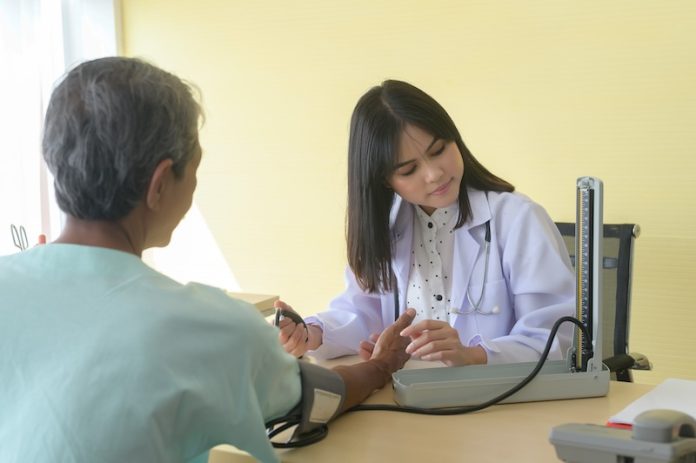
High blood pressure, also known as hypertension, is often called the “silent killer” because it usually doesn’t cause noticeable symptoms—but it can do a lot of damage inside the body. One of the most serious long-term effects of high blood pressure is its impact on the kidneys.
Many people don’t realize that uncontrolled high blood pressure is actually one of the leading causes of kidney failure. Understanding this connection can help people take steps to protect both their heart and their kidneys.
The kidneys are like the body’s natural filters. They clean the blood by removing waste, extra fluids, and toxins through urine. To do this, they use tiny blood vessels called glomeruli, which act like microscopic strainers. For the kidneys to work properly, they need a steady flow of blood under the right amount of pressure.
When blood pressure is too high, it puts stress on these delicate blood vessels over time. That pressure can damage the walls of the vessels, making them stiff or narrow. As a result, less blood reaches the filtering parts of the kidney, and the kidney function begins to decline.
Research has shown that people with long-term, uncontrolled high blood pressure are much more likely to develop chronic kidney disease (CKD). According to the National Kidney Foundation, about 1 in 4 people with kidney failure got there because of high blood pressure.
One large study found that people with high blood pressure were nearly twice as likely to develop kidney disease compared to those with normal blood pressure levels.
In the early stages, kidney damage from high blood pressure may not cause any clear symptoms. People might feel fine even as their kidneys begin to struggle.
That’s why regular check-ups and simple blood and urine tests are so important, especially for people already diagnosed with hypertension. These tests can detect changes in kidney function before serious damage occurs.
If high blood pressure continues over time and is not controlled, the damage can get worse. In later stages, kidney disease can lead to swelling in the legs or ankles, fatigue, trouble concentrating, or changes in urination.
Eventually, the kidneys can stop working altogether—a condition called kidney failure or end-stage renal disease (ESRD). At this point, the person will need dialysis or a kidney transplant to survive.
The good news is that this outcome is often preventable. Studies show that lowering blood pressure to a healthy range can slow down or even stop further damage to the kidneys.
Medications like ACE inhibitors or ARBs are especially helpful because they not only reduce blood pressure but also protect the kidneys directly. In fact, several major clinical trials have shown that these medicines help people with both high blood pressure and early kidney disease avoid kidney failure.
Lifestyle changes can also make a big difference. Eating a balanced diet that’s low in salt, staying physically active, maintaining a healthy weight, limiting alcohol, and quitting smoking all support both heart and kidney health.
The DASH diet (Dietary Approaches to Stop Hypertension) has been widely recommended because it helps lower blood pressure and includes kidney-friendly foods like fruits, vegetables, whole grains, and lean proteins.
In short, high blood pressure can cause serious and lasting damage to the kidneys if left unchecked. But by keeping blood pressure in a healthy range and working closely with a doctor, people can protect their kidneys and reduce their risk of kidney failure. Prevention is powerful, and small changes can go a long way in keeping both your heart and your kidneys strong.
If you care about kidney health, please read studies about pesticide linked to chronic kidney disease, and this drug may prevent kidney failure in people with diabetes.
For more health information, please see recent studies about drug duo that may treat kidney failure, and results showing these vegetables may protect against kidney damage.
Copyright © 2025 Knowridge Science Report. All rights reserved.



